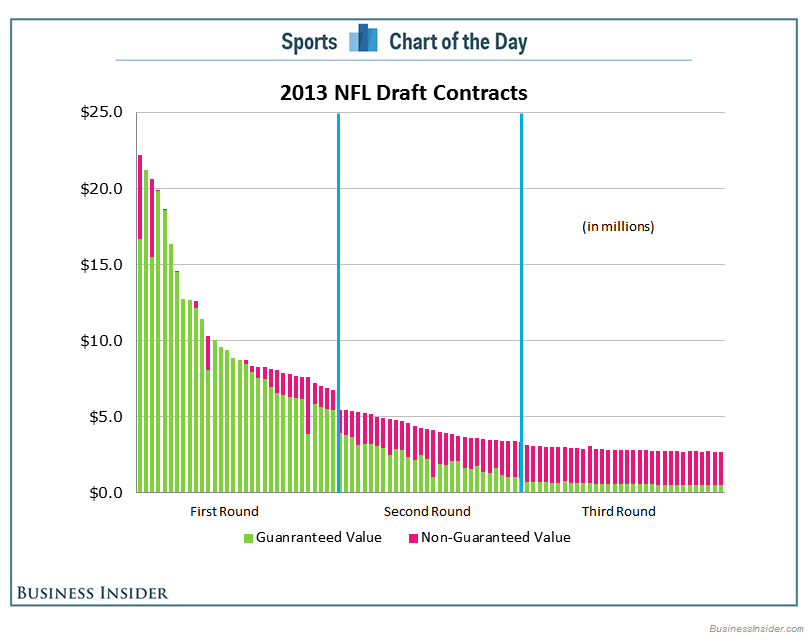Okay, let’s get real HR geeky for a few minutes. Last week SHRM announced it was for all intensive purposes taking it’s toys and going home, leaving HRCI out of a viable business model. The leadership at SHRM woke up and said, “hey, wait a minute, why don’t we just run our own certification program and make all that cash that HRCI is making off all of our members!” So, that’s what they did.
I don’t think anyone should be mad at SHRM. In HR we’ve pushed to make ourselves better business pros for the past 10 years, plus. Now, SHRM decides to make a business decision that’s better for their organization and membership, I can’t blame them for doing that. This isn’t Show Friends, this is Show Business!
Let’s not confuse the issue, either though. This isn’t about SHRM thinking they can deliver a better certification program than HRCI. HRCI has been doing this for years. SHRM has been doing this for days. This is about money. You’re making good money off us, we want that money. Welcome to America. I. Love. This. Country!
Here’s where SHRM could potentially have this backfire:
1. People have worked for years to get and maintain their HRCI certifications. They’ve spent money and time. If SHRM tries and goes for a money grab on these folks, instead of just grandfathering them in, they’ll have this blow up on them. I have my SPHR for 13 years, I just re-certified for 3 years. If SHRM CEO Henry Jackson tells me I know have to pay him more money to get the SHRM certification, him and I will have words! Just give me the letters Henry, and then collect my check when I go to recert the next time. That’s good faith, plain and simple.
2. HR knows better than anyone that people don’t like change. SHRM and HRCI have spent years getting the world to believe in PHR, SPHR and GPHR are really, really important to have. Now, SHRM wants us to believe that PHR, SPHR and GPHR are worthless, but their new certification SHRP (Senior HR Professional) is somehow better (BTW – I have no idea is SHRM will use those letters, I’m just guessing!). Don’t treat us like idiots.
3. HR pros and the HR vendor community finally figured out how to register events for re-certification credits, and the system was working really well. It’s all another game to get money, but it was working just fine. If SHRM screws this up, they’ll have a backlash from a number of sides, including HR vendors who pay millions to sponsor their events. This wouldn’t be good. I have a feeling Hank and his team haven’t really thought about this. HRCI screwed this up for years before getting it right. My guess is SHRM will do the same.
4. It looks decades for SHRM and the HR profession to get employers to believe that the HRCI certifications were important and meaningful. Now they have to get industry to believe the HRCI certifications we told you were so great, are now crap, but the new SHRM certification is where it’s at. No, really, believe us, it’s not like we’ll change the certification, this is the gold standard ‘forever’…
The SHRM National Conference this year will be great because it’s going to be like the old Soviet Union trying to make people believe all of a sudden this is where it’s really at! All the propaganda, HRCI trying to sell that they are still relevant, when they aren’t, and HR Pros taking sides. Welcome to the Cold HR War!

